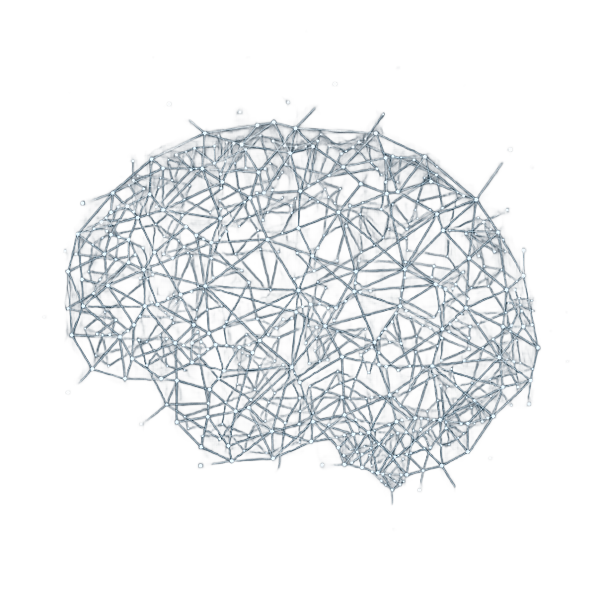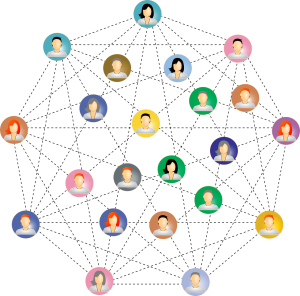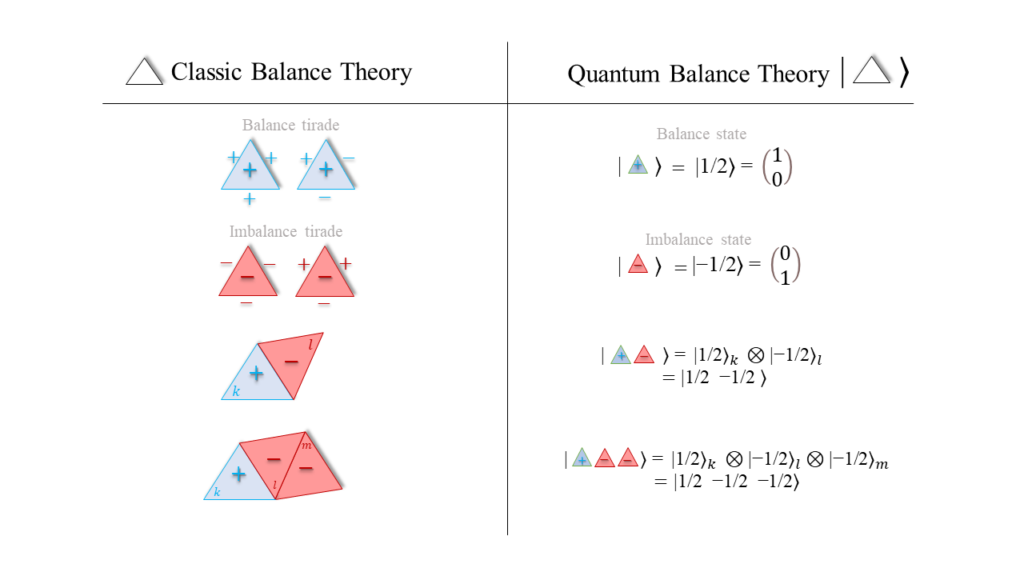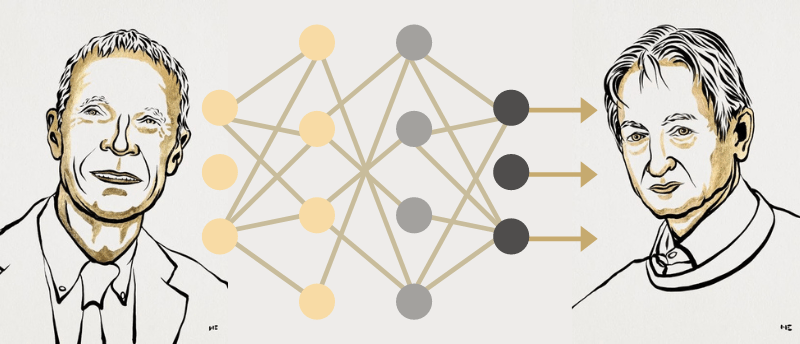

Our research explores the fascinating intersection of social media and collective identity by examining how these digital ecosystems function as complex socio-technical networks, where the principles of statistical physics—such as phase transitions governed by a critical temperature can illuminate sudden shifts in public opinion and group cohesion. We delve into the profound influence of automated accounts, or “bots,” on online discourse, recognizing that these actors do not operate in isolation but form coordinated networks designed to inject noise and manipulate the system’s energy landscape, often pushing conversations toward polarized, low-energy stable states as defined by balance theory. These bots can mimic human behavior, but some, known as social bots, have a more concerning purpose: systematically swaying public opinion by amplifying specific narratives, creating artificial consensus, or fostering division, thereby actively engineering the very fabric of collective identity. To identify these social influencers, we utilize a powerful tool called Botometer, which acts as a diagnostic probe to quantify the bot-like signature of accounts based on their metadata, communication patterns, and network features. Once unmasked, we analyze the content these bots spread and their structural position within the larger network to understand their multifaceted impact on online conversations, measuring how they alter the flow of information, disrupt genuine human engagement, and ultimately shape the emergent collective identity of communities, which has critical implications for everything from public health to democratic processes.

Our research explores the fascinating intersection of social media and collective identity by examining how these digital ecosystems function as complex socio-technical networks, where the principles of statistical physics—such as phase transitions governed by a critical temperature can illuminate sudden shifts in public opinion and group cohesion. We delve into the profound influence of automated accounts, or “bots,” on online discourse, recognizing that these actors do not operate in isolation but form coordinated networks designed to inject noise and manipulate the system’s energy landscape, often pushing conversations toward polarized, low-energy stable states as defined by balance theory. These bots can mimic human behavior, but some, known as social bots, have a more concerning purpose: systematically swaying public opinion by amplifying specific narratives, creating artificial consensus, or fostering division, thereby actively engineering the very fabric of collective identity. To identify these social influencers, we utilize a powerful tool called Botometer, which acts as a diagnostic probe to quantify the bot-like signature of accounts based on their metadata, communication patterns, and network features. Once unmasked, we analyze the content these bots spread and their structural position within the larger network to understand their multifaceted impact on online conversations, measuring how they alter the flow of information, disrupt genuine human engagement, and ultimately shape the emergent collective identity of communities, which has critical implications for everything from public health to democratic processes.:

Our research explores the fascinating intersection of social media and collective identity by examining how these digital ecosystems function as complex socio-technical networks, where the principles of statistical physics—such as phase transitions governed by a critical temperature can illuminate sudden shifts in public opinion and group cohesion. We delve into the profound influence of automated accounts, or “bots,” on online discourse, recognizing that these actors do not operate in isolation but form coordinated networks designed to inject noise and manipulate the system’s energy landscape, often pushing conversations toward polarized, low-energy stable states as defined by balance theory. These bots can mimic human behavior, but some, known as social bots, have a more concerning purpose: systematically swaying public opinion by amplifying specific narratives, creating artificial consensus, or fostering division, thereby actively engineering the very fabric of collective identity. To identify these social influencers, we utilize a powerful tool called Botometer, which acts as a diagnostic probe to quantify the bot-like signature of accounts based on their metadata, communication patterns, and network features. Once unmasked, we analyze the content these bots spread and their structural position within the larger network to understand their multifaceted impact on online conversations, measuring how they alter the flow of information, disrupt genuine human engagement, and ultimately shape the emergent collective identity of communities, which has critical implications for everything from public health to democratic processes.

Quantum complex networks are networks in which the nodes, links or other parameters of the network are quantum states. These networks have been identified as a potential solution to non-locality problems, parallel processing that exists in many real phenomena such as brain networks, finance, social and biology, etc. The collective behavior that arises as a result of this entanglement and the systemic risk arising from it in financial market networks are two key areas of interest. Furthermore, quantum mechanics has been employed to develop secure communication channels that are resilient to hacking. Quantum communications present the possibility of providing secure solutions at an enterprise-scale. This entanglement results in the emergence of new quantum transitions within the system, which can be identified through this lens.
Quantum complex systems are intricate frameworks that combine principles of quantum mechanics with the behavior of complex systems. These systems are characterized by a large number of interacting components, which can lead to emergent phenomena that cannot be understood merely by examining the individual parts.
Our mission is to advance the understanding of complex quantum systems through innovative research, interdisciplinary collaboration, and cutting-edge technology. We strive to bridge the gap between theoretical exploration and practical application, fostering an environment that encourages curiosity and creativity. By bringing together leading scientists, researchers, and students from diverse fields, we aim to pioneer breakthroughs that will not only enhance our comprehension of the quantum world but also contribute to transformative solutions in areas such as computing, materials science, and beyond.

The rapidly evolving dialogue between artificial intelligence and physics is a rich, bidirectional exchange, fundamentally rooted in concepts like spin glass theory from statistical mechanics, which provides a powerful framework for modeling the complex, frustrated energy landscapes of neural networks, thereby illuminating the Physics of AI by explaining phenomena like memory storage, phase transitions in learning, and the surprising generalization ability of over-parametrized models. Conversely, AI in Physics leverages these same deep learning architectures to navigate the rugged energy landscapes of physical systems themselves, using techniques like variational autoencoders to identify order parameters and phase transitions in novel materials or solving the complex sampling problems inherent in simulating spin glasses and other disordered systems. This synergy is now pushing into the quantum frontier with Quantum Machine Learning (QML), which explores both the use of quantum algorithms to accelerate classical machine learning tasks and the application of classical AI to control and error-correct noisy quantum devices; notably, the connection is deeply historical, as the complexity of training neural networks and solving spin glasses—a problem famously studied by physicists like Philip Anderson and David Sherrington—are intimately linked, with both fields benefiting from a shared language of Hamiltonians, non-convex optimization, and the statistical physics of information, creating a virtuous cycle of theoretical insight and computational power.
Stay Updated with Engaging Gatherings and Insightful Seminars!
This presentation explores the surprising universality of speculative bubble dynamics across financial markets, including structurally isolated systems. Applying the Log-Periodic
Understanding how different regions of the brain influence one another is key to unlocking the secrets of human behavior, thought,

The Center for Complex Networks (CCNet) studies complex systems in the real world, where many interacting agents create unexpected large-scale behaviors. We use advanced data analysis techniques to understand these interactions and predict future outcomes. Our research combines insights from physics, mathematics, computer science, neuroscience, and social sciences to tackle problems in areas like finance, social media, and the brain …
t.me/complexity
Room 307, Department of Physics, Shahid Beheshti University.
G. C. Evin, Tehran 19839, Iran